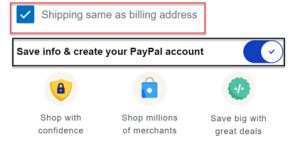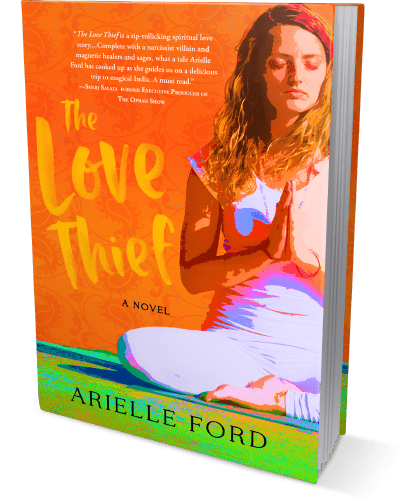The New SINGLE Reframe: Be a Solo
Life is changing faster than ever, and this includes the world of partnership.
Do you desire a traditional, legal marriage to raise children together?
Do you wish to remain single but in a committed relationship?
Do you want to share your life with your BFF from grade school, sans sex and romance, and raise kids while you both can still date others for fun?
Or, how about never using the word single again and just embrace the adventurous world of being a solo?
Baby, you’ve got options!
In the United States of America, nearly 50% of adults (which is well over 125 million people) are single. Now there is a new movement to change the stigma of not having a romantic partner to being a part of the solo community – where the unpartnered are embracing life and feeling empowered. The solo movement celebrates single life and rewrites the misconception that “singles are sad and lonely.”
Peter McGraw, is a 51-year-old behavioral economist, podcaster, soon to be author, and the creator of an online community known as the “solo” movement.
What is the “solo” movement?
This movement aims to enforce the notion that people can find happiness and fulfillment outside of marriage. Whether they’re divorced, widowed, casually dating or are unattached, there are many benefits that a person can experience while being on their own. However, McGraw says that there’s a very big difference to being single and being “solo.” He also notes that the “solo” movement is not anti-marriage.
Although McGraw says that a single person can sometimes feel “embarrassed” and “incomplete” with where they are in their lives, he notes that “a solo person feels proud of where they are in their life. They don’t feel less than in any way.”
On his website, he adds that solos are also “adventurous” people who live life on the “edge and embrace re-invention,” which can be refreshing since society creates ” norms that push people to partnerships, whether it’s good for them or not.
Studies show that single people exercise more, have more friends and are more likely to volunteer in their communities than married folks.
One study compared 10,000 women in their 70s and found that those who never married were physically healthier, less stressed and more optimistic than those who’d decided to take sacred vows.
And get this: it’s projected that 1 in 4 millennials will never get married.
Another new variation on partnerships I read about is called the Platonic Partnership where two people, of any gender, join together for a deep platonic love, that doesn’t include romance or sex, but is a commitment to each other, like marriage, to build a life together.
This includes things that “typically married couples would do” like starting a family and having a joint bank account to achieve their goals of buying a house and more.
Cyndi Darnell, a certified clinical sexologist, therapist, and couple’s counselor, says platonic partnerships can “absolutely” be as successful as a traditional marriage, because “partnership is based on shared values.”
“If you want to create a partnership based on values that are meaningful to you as individuals, I actually think that that’s a better model than the notion of romance, which we know is fickle,” she says. “To rely on something as unreliable as romance for a contract as heavy as co-parenting and marriage seems to be why these things seem to be diametrically opposed on some level.”
Historically, marriage also hasn’t been about love, she points out.
“When we think about the origins of marriage, it was never about love. And it was certainly never about romance. It was about asset management,” says Darnell.
While “asset management” is about as unromantic and unsexy a term as I can think of, when it comes to partnership, this makes sense, given that the #1 cause of divorce is related to money. (Whatever kind of partnership you yearn for, always make sure you choose someone who is “financially responsible.”)
We humans are social creatures and tend to be happiest when we have someone(s) to share our life with. Someone to be a witness to our life. Someone who will love and support us on our good days and especially on our bad days.
Whatever type of partnership you choose to have, remember these wise words from Sam Keen:
“We come to love not to find a perfect person, but to learn to love an imperfect person perfectly.”
Wishing you love, laughter, and magical kisses,
Arielle
p.s. Thanks to Sara Moniuszko of USA Today for her informative reporting.







Leave a Reply
Want to join the discussion?Feel free to contribute!